The Glamour Effect And Exploring Beauty Confidence And The Psychology Of Admiration
Cool, Glamour, or Beautiful
Why do we spend so much energy striving to be admired? Whether it’s being seen as cool, glamorous, or beautiful, the desire to make an impression is a universal human experience. From social media filters to high fashion, these pursuits influence how we see ourselves and how others perceive us. But what drives this longing, and what impact does it have on our lives? Understanding the psychology behind these desires can shed light on their role in shaping our behavior and emotions.
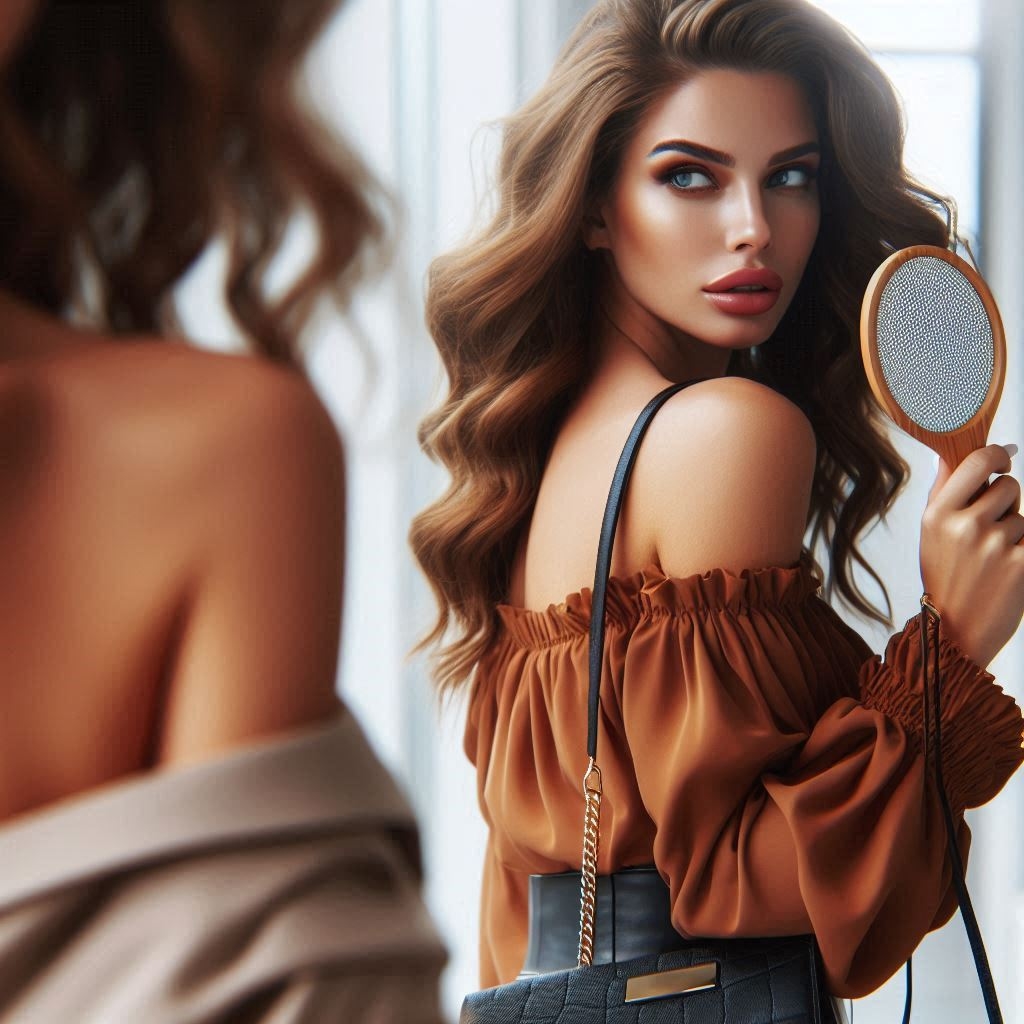
Why We All Strive for Admiration
The Roots of the Desire
At its core, the longing to feel cool, glamour, or beautiful stems from our innate need for social acceptance and belonging. Humans are inherently social creatures, and being admired often translates into feeling valued within a group. Evolutionary psychology suggests that early humans who were more socially appealing were more likely to survive, as they had better access to resources and protection through strong social ties. This ancient drive continues to influence us today, albeit in the modern context of fashion, beauty, and status.
Influence of Media and Culture
In today’s interconnected world, media and culture heavily amplify our desire for admiration. Advertisements, movies, and social media platforms often equate coolness, glamour, or beauty with success and happiness. These portrayals create a standard that many aspire to reach. This isn’t merely about vanity; it’s about aligning oneself with what society deems worthy of attention and respect.
The Emotional Impact of Chasing Perfection
Boosting Confidence and Self-Esteem
For many, feeling cool or glamorous can provide a significant boost to confidence. Dressing stylishly, having a standout personality, or exuding charm can make individuals feel more secure in their social interactions. Beauty, in particular, is linked to self-esteem—when people perceive themselves as attractive, they’re often more self-assured.
The Double-Edged Sword
However, the pursuit of societal standards can also lead to negative consequences. The constant comparison to often unrealistic ideals can result in feelings of inadequacy or self-doubt. Social media, for instance, showcases curated versions of lives that can create pressure to meet unattainable standards, potentially leading to stress, anxiety, or even body image issues.
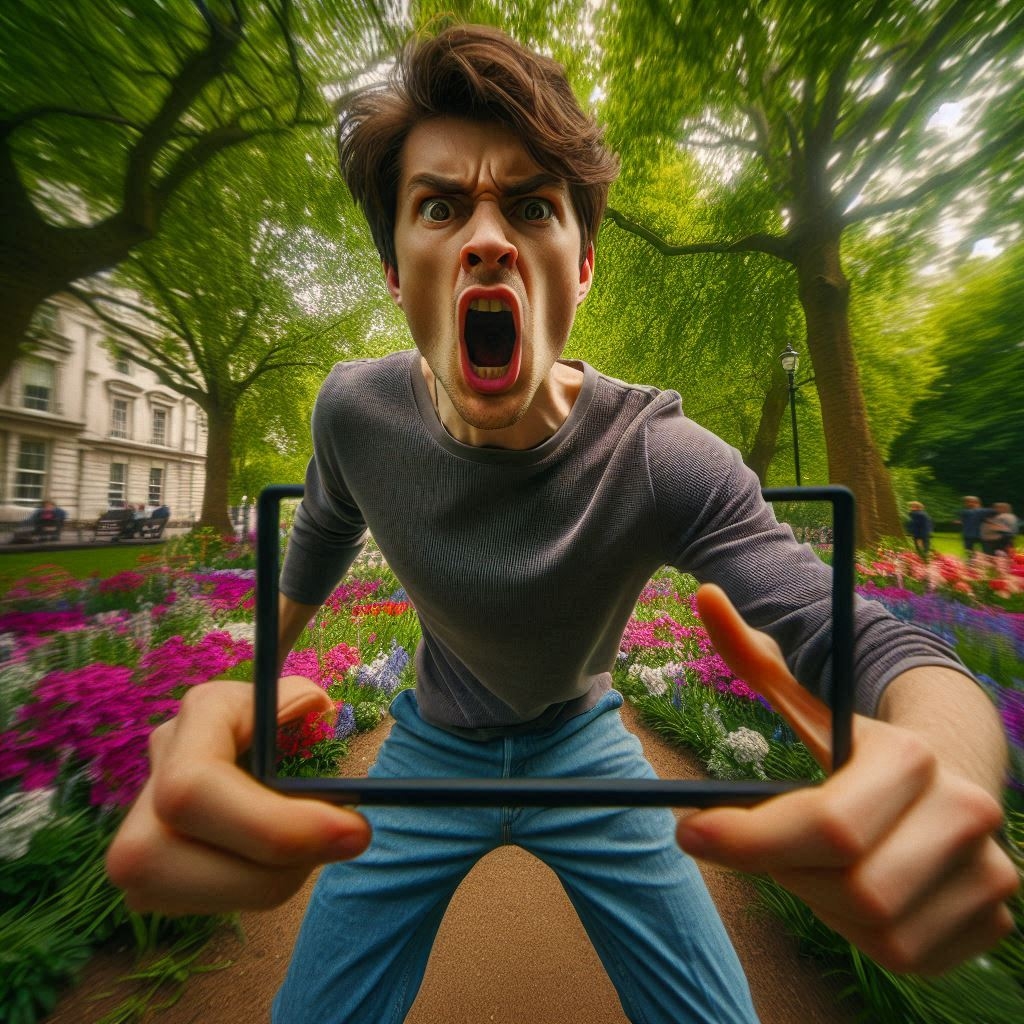
How These Desires Shape Our Lives
Social Relationships
Feeling cool or beautiful affects how we relate to others. When we meet societal ideals, we may be treated more favorably, forming easier connections. This phenomenon, known as the “halo effect,” means that physical attractiveness or perceived status can influence how others perceive our intelligence, kindness, or abilities.
Personal Development
The desire for glamour and beauty isn’t inherently harmful; in fact, it can motivate personal growth. Striving to improve oneself—whether through grooming, fitness, or honing interpersonal skills—can foster discipline and a sense of accomplishment. The key is maintaining balance and ensuring these pursuits align with personal values rather than external expectations.
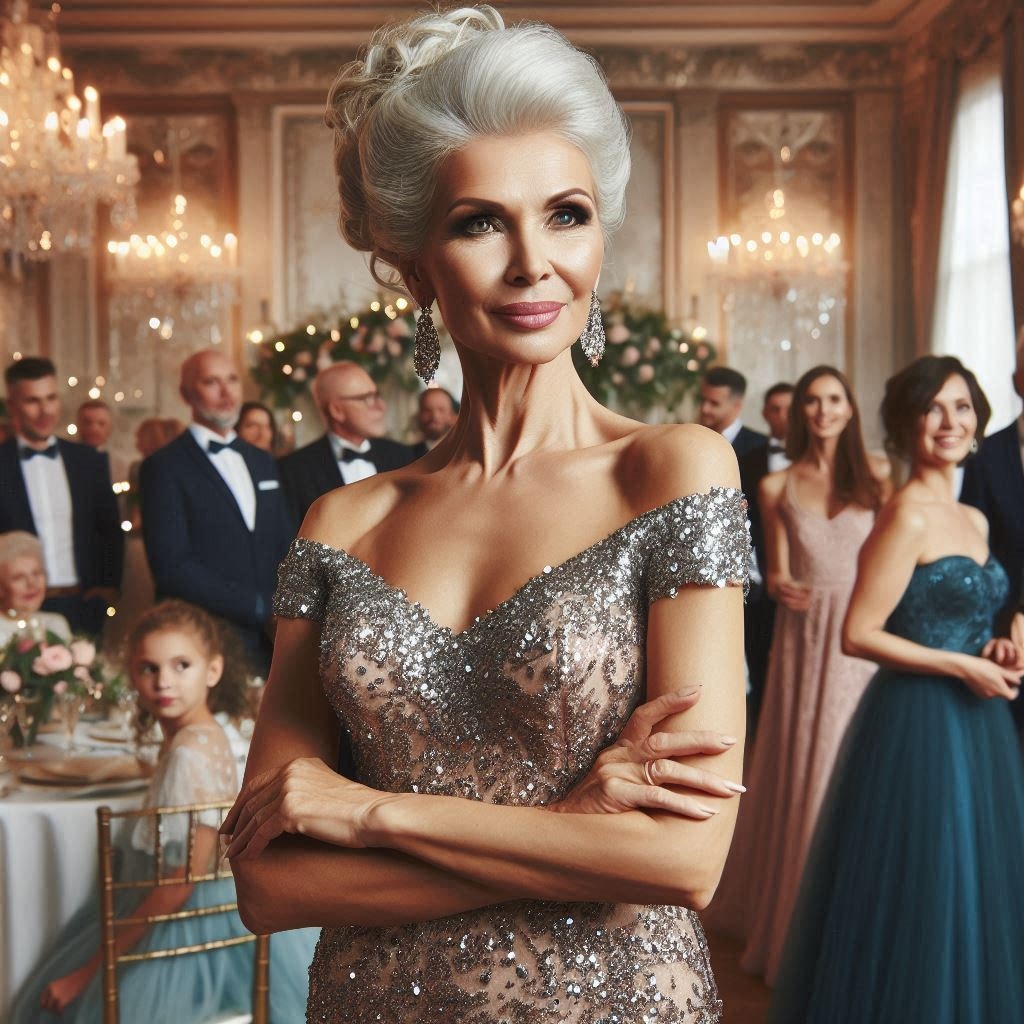
Finding Authenticity in the Pursuit
Balancing External and Internal Validation
While admiration from others feels rewarding, true happiness lies in balancing external validation with internal self-worth. Building confidence from achievements, skills, or personal growth can create a more sustainable sense of satisfaction than solely seeking external approval.
Redefining Cool and Beautiful
Ultimately, what’s considered cool or beautiful is subjective and varies across cultures and individuals. Embracing one’s uniqueness and redefining these concepts on personal terms allows for greater authenticity and resilience against societal pressures.
The Role of Identity in Appearance
Self-Expression Through Style
The way we make ourselves look and fell present our outlook which can be a powerful form of self-expression. Clothing, accessories, and grooming are often used to convey individual identity or affiliation with a particular group. This form of expression helps people feel more connected to their sense of self.
Experimenting with Identity
The pursuit of being cool or glamorous also allows individuals to experiment with different identities. Trying new styles or aesthetics can be a way to explore personality traits and values, providing a sense of agency in defining oneself.
Social Media’s Amplification Effect
Curating a Public Persona
Social media offers a platform to present the most polished version of oneself to the world. The effort put into curating photos, captions, and interactions can greatly influence how we seek admiration. While this can be empowering, it may also heighten pressure to conform to idealized images.
The Feedback Loop
Likes, comments, and shares create a feedback loop that reinforces behavior. Positive reinforcement on social media can fuel the desire to maintain or elevate one’s cool or glamorous persona, sometimes at the expense of authenticity.

The Impact on Mental Health
Coping with Pressure
The relentless pursuit of societal standards can take a toll on mental health. Learning coping mechanisms to navigate stress and disappointment is essential for emotional resilience. Strategies such as mindfulness or therapy can help individuals maintain balance.
Promoting Self-Compassion
Cultivating self-compassion is an antidote to feelings of inadequacy. Accepting imperfections and treating oneself kindly can reduce the negative impact of comparisons and promote emotional well-being.
The Evolution Of Glamour & Beauty Standards
Cultural Variation
Beauty standards differ widely across cultures and are constantly evolving. What’s considered glamorous or beautiful in one society may hold little value in another, illustrating the subjectivity of these ideals.
The Role of Time and Trends
Trends play a significant role in shaping perceptions of coolness or glamour. Over time, societal values shift, which can redefine what qualities are admired. Awareness of this evolution helps individuals see these standards as fluid rather than fixed.

Conclusion
The desire to feel cool, glamorous, or beautiful is deeply intertwined with our social instincts and personal aspirations. While these pursuits can bring confidence and motivation, they also come with challenges, especially when influenced by societal pressures. By understanding the psychology behind these desires and striking a balance between external validation and internal authenticity, we can navigate this complex terrain with greater self-awareness. After all, true beauty lies in embracing who we are—flaws and all—and finding joy in our own unique expression.
Join The Glamour Discussion
The pursuit of being cool, glamorous, or beautiful is a topic that touches everyone in unique ways. Whether it’s about finding confidence, navigating societal pressures, or redefining beauty standards, we all have stories and perspectives to share.
What does being “cool” or “glamorous” mean to you?
What is glamour & how does it change you?
How do societal expectations shape your perception of yourself or others?
Have you found ways to balance external admiration with internal self-worth?

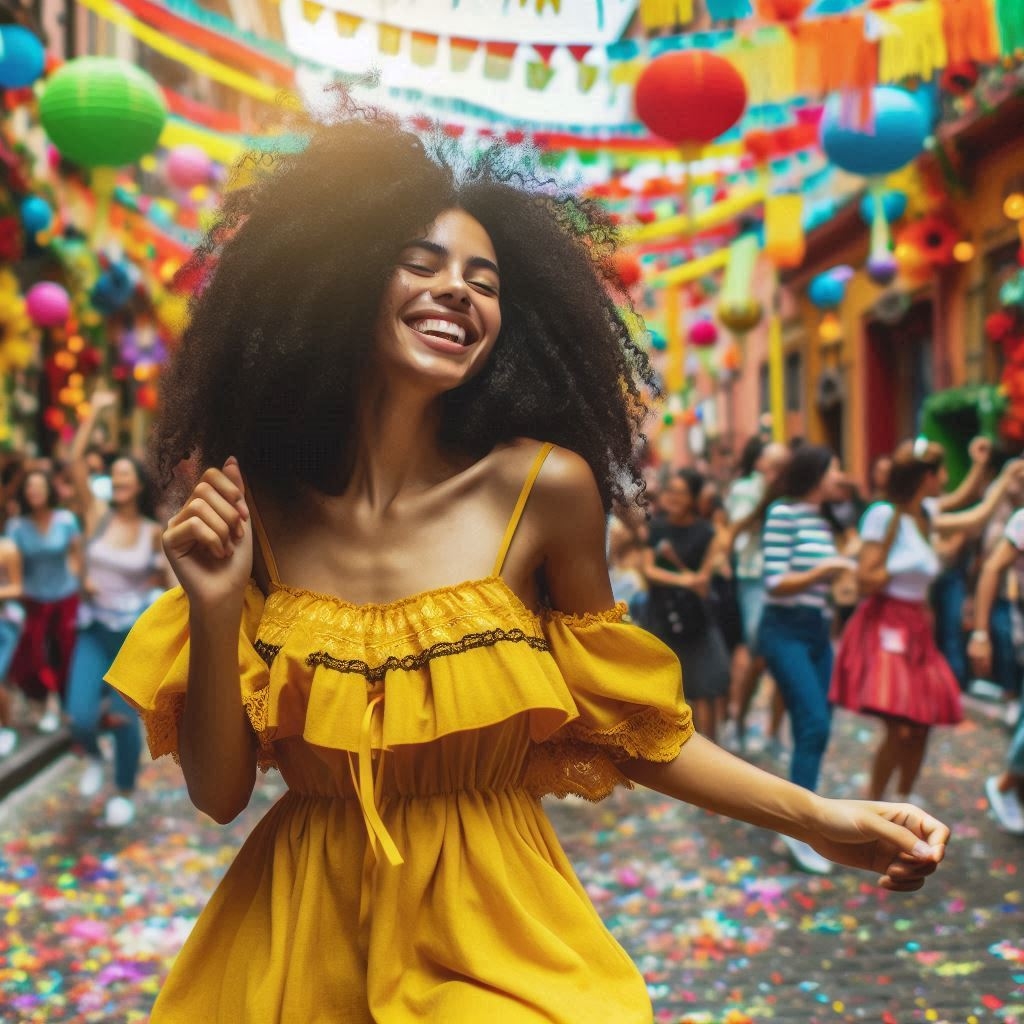
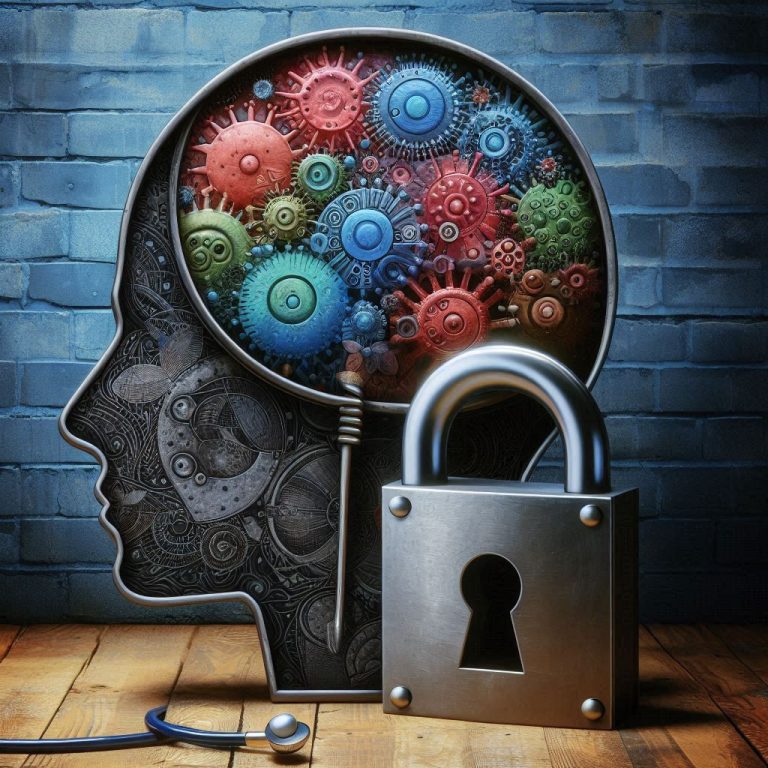
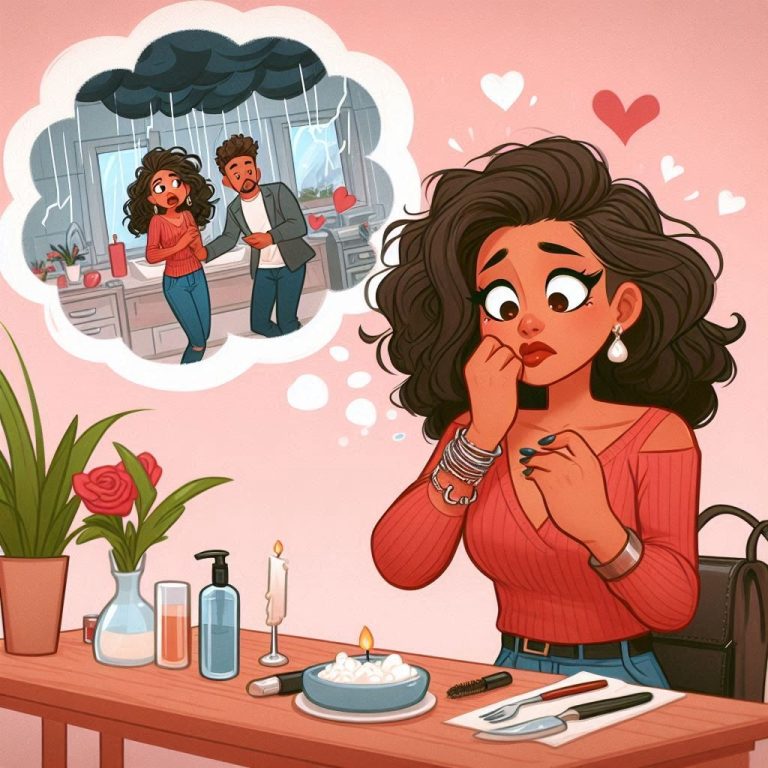

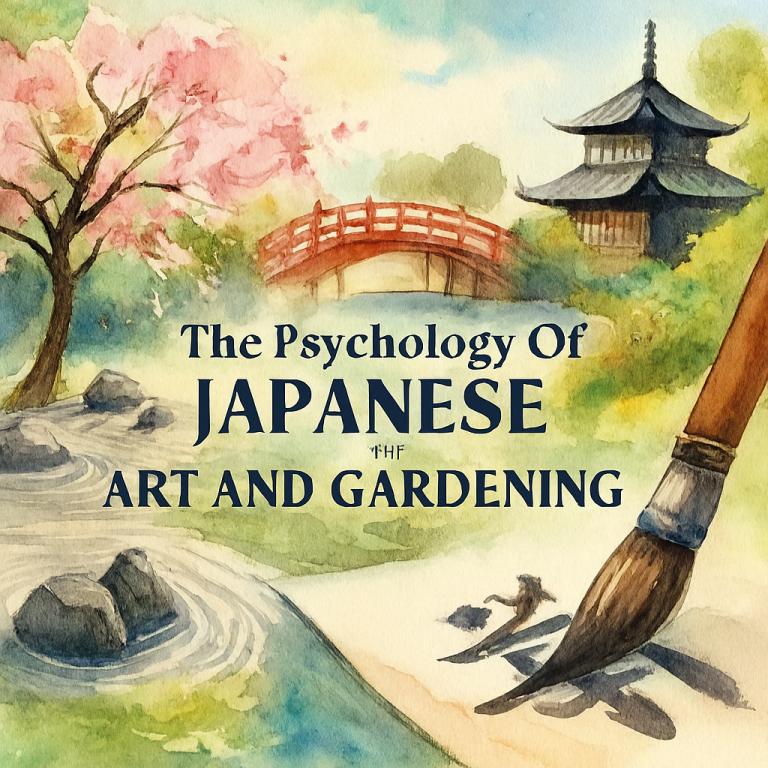

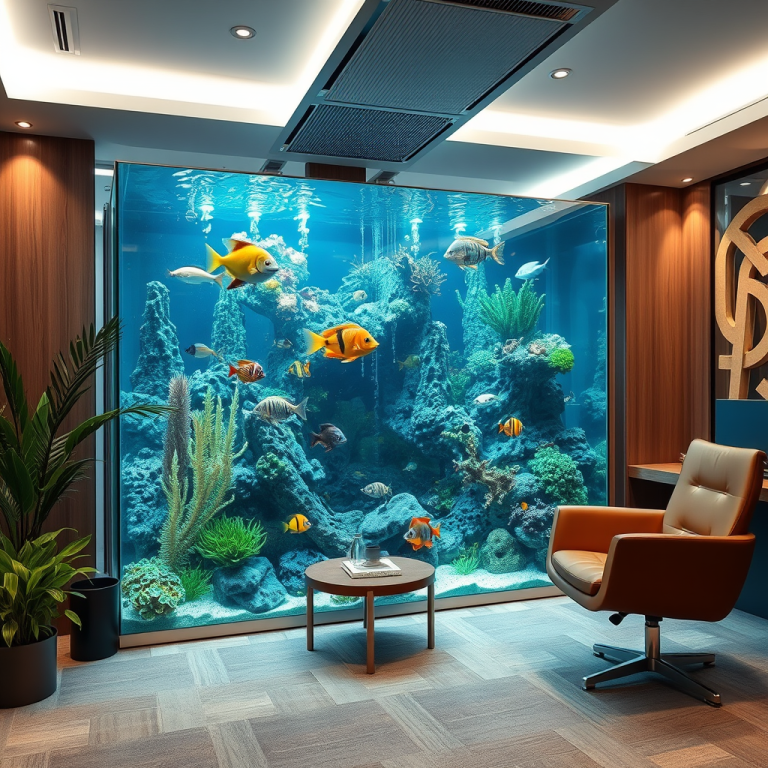
На данном сайте можно найти последние новости Краснодара.
Здесь размещены актуальные события города, репортажи и оперативная информация.
Будьте в курсе городских новостей и читайте только проверенные данные.
Если хотите знать, что нового в Краснодаре, читайте наш сайт регулярно!
https://rftimes.ru/
На этом сайте вы сможете найти свежие новости Краснодара.
Здесь собраны актуальные события города, репортажи и оперативная информация.
Будьте в курсе развития событий и получайте только проверенные данные.
Если вам интересно, что нового в Краснодаре, заглядывайте сюда регулярно!
https://rftimes.ru/
There is obviously a lot to know about this. I believe you made certain good points in features also.